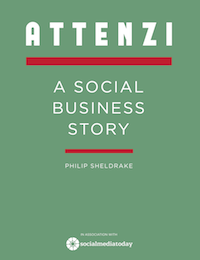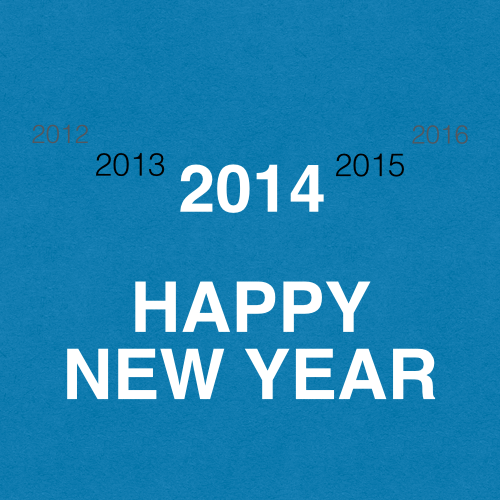Having gone down the traditional publishing route with The Business of Influence (Wiley, 2011), I decided for a number of reasons to try a different route in 2013 with Attenzi – a social business story. Most of those reasons boil down to one simple fact, the publishing industry isn't yet embracing social business principles. In fact, it's perhaps a prime example of an industry continuously trying to manipulate the application of 21st Century technologies to maintain the 20th Century status quo.
 I appreciate that cannibalizing ones own livelihood is never an easy journey (heck, even management consultancies find it tough), but I figure it's got to be worth attempting when the alternative is so bleak. I'm hardly the first to levy such criticism (crystallized beautifully in The Innovators' Dilemma of course), but here's a prime example in my particular case.
I appreciate that cannibalizing ones own livelihood is never an easy journey (heck, even management consultancies find it tough), but I figure it's got to be worth attempting when the alternative is so bleak. I'm hardly the first to levy such criticism (crystallized beautifully in The Innovators' Dilemma of course), but here's a prime example in my particular case.
Quite clearly, I'd love to stimulate conversation and debate about social business – after all, collaboration and co-operation cannot spring forth without first conversation and sharing. So the ebook formats of Attenzi feature hyperlinks at the beginning of each chapter taking readers from the ebook to the HTML version where they can coalesce to comment, to ask and answer questions, to share resources, as they wish. And share hyperlinks to pages of the book wherever they hang out.
That means the whole book needs to be available in HTML – the global, open standard for the presentation and mark up of documents, <sarcasm>lest anyone from the publishing world require an explanation here</sarcasm>. This in turn means traditional copyright terms would be violated, which means I couldn't work with traditional publishers.
I appreciate the economics here don't apply to all authors or all published works, but as both Doc Searls and JP Rangaswami note, I will derive more value personally "because of" the ebook than "with" the ebook. I have secured two projects during the past six months on the back of releasing Attenzi unfettered, creating revenues far in excess of any I would have derived from traditional royalties. (Note: my writing doesn't achieve Harry Potter levels of readership!)
So I have lived up to the principles of social business, and profitably.
Should any publisher wish to have a conversation about business models for B2B publishing, please get in touch. My network of associates and I have plenty to contribute.







 I appreciate that cannibalizing ones own livelihood is never an easy journey (
I appreciate that cannibalizing ones own livelihood is never an easy journey (